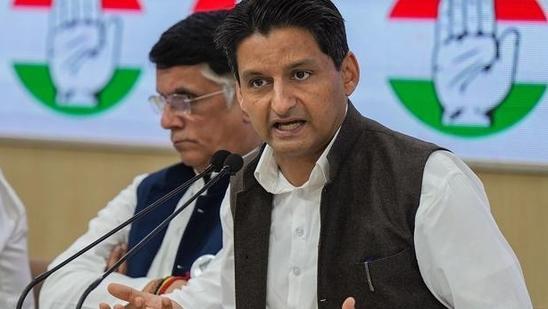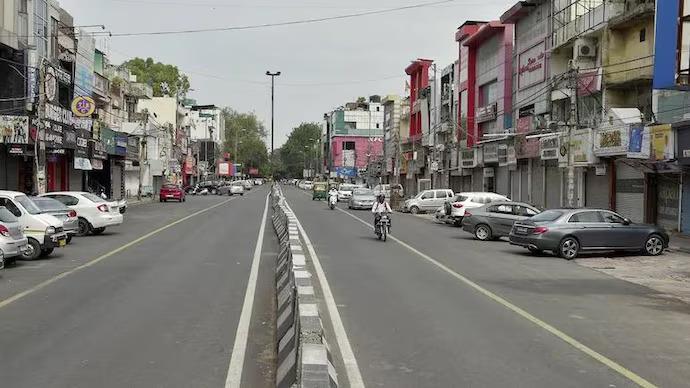
Enemies of Peace Won’t Be Happy to See Peace in J&K: Altaf Bukhari
Jammu and Kashmir has been plagued by terrorism and violence for decades, leaving a trail of destruction and despair in its wake. The recent terrorist attack in Pahalgam, which claimed the lives of at least 26 people, is a stark reminder of the horrors that continue to afflict the region. In the aftermath of this devastating attack, Altaf Bukhari, the President of Apni Party in Jammu and Kashmir, has condemned the incident, emphasizing that those who are enemies of peace will never be happy to see peace prevail.
Bukhari’s statement is a potent reminder of the harsh reality that exists in Jammu and Kashmir. The region has been embroiled in a complex web of political, social, and economic issues, which have created an environment conducive to terrorism and violence. The ongoing conflict between India and Pakistan, the political instability in the region, and the economic disparities between different communities have all contributed to a sense of uncertainty and fear that pervades the region.
The Pahalgam attack, in particular, is a grim reminder of the devastating impact that terrorism can have on innocent civilians. The attack, which was carried out by militants who stormed a bus carrying mostly Hindu pilgrims, is a stark reminder of the brutal and senseless nature of terrorism. The fact that the victims were mostly pilgrims who had gathered to pay their respects to Lord Shiva at the Amarnath shrine only adds to the tragedy, highlighting the senseless and mindless nature of the attack.
Bukhari’s condemnation of the attack is a welcome development, as it sends a strong message to those who seek to spread hatred and violence in the region. His emphasis on the need to learn lessons from such attacks is also crucial, as it highlights the importance of addressing the root causes of terrorism and violence in Jammu and Kashmir. By acknowledging the complexity of the issues that plague the region, Bukhari is urging those in power to take a comprehensive approach to addressing the problems that face the region.
The Pahalgam attack is also a reminder of the importance of unity and solidarity in the face of adversity. The fact that people from different communities and regions have come together to condemn the attack and offer their support to the victims is a testament to the resilience and strength of the people of Jammu and Kashmir. This sense of unity and solidarity is crucial, as it provides a sense of hope and optimism in the face of adversity.
In conclusion, Altaf Bukhari’s condemnation of the Pahalgam attack is a powerful reminder of the importance of standing up against terrorism and violence in Jammu and Kashmir. His emphasis on the need to learn lessons from such attacks and to address the root causes of terrorism and violence is crucial, as it highlights the importance of taking a comprehensive approach to addressing the problems that face the region. As the people of Jammu and Kashmir continue to grapple with the aftermath of the Pahalgam attack, it is essential that they remain united and resilient in the face of adversity, and that they continue to work towards a brighter and more peaceful future.






